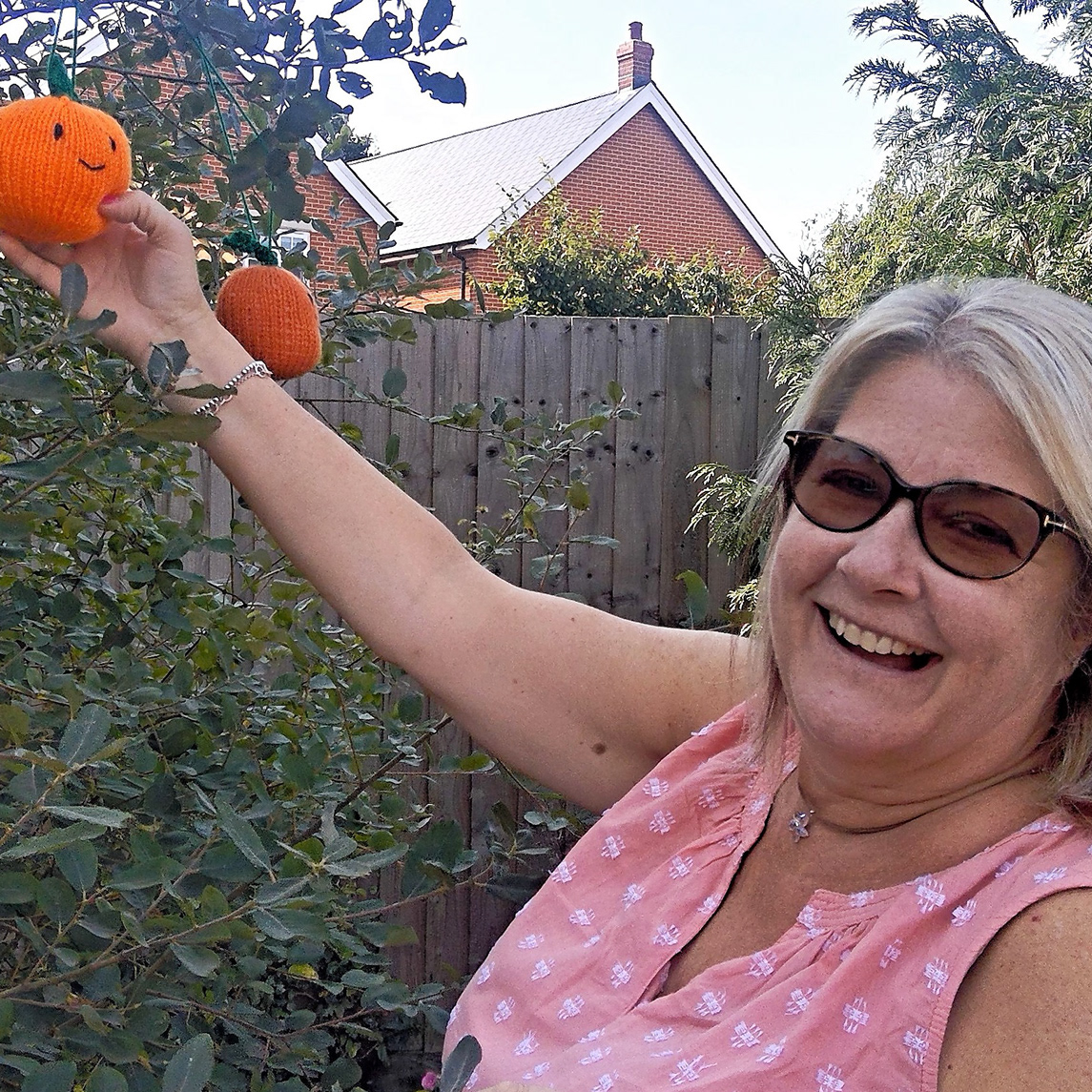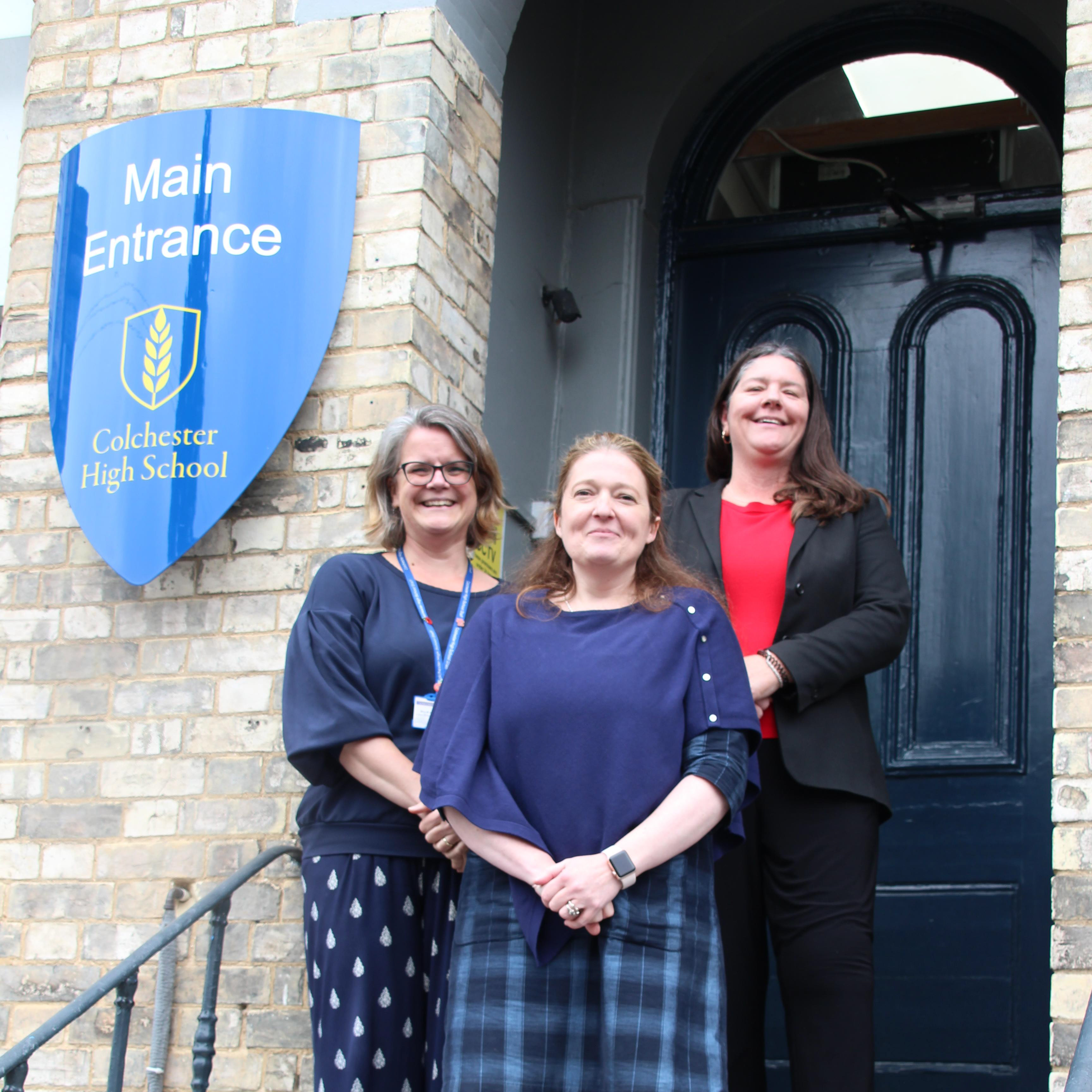Peter Wanless, NSPCC Chief Executive, said: “Charities are working night and day to support the country’s vulnerable children and adults through this crisis, and we’re pleased that the Government has recognised the financial challenges we face with rising demands for services like Childline.
“Until this point financial support from Government has focused on mothballing rather than mobilising our expertise, so we welcome recognition and potential support for essential charitable services including those for children.
“The scale of what’s required is immense, however. The NSPCC will remain hugely reliant on the generosity of the public to continue this vital work. We have taken a significant financial hit, but thanks to the work of our staff and volunteers we are working flat out to adapt our work to make sure we are still here for children.”
Rishi Sunak said charities, including those supporting domestic abuse victims and hospices, will receive cash grants to ensure they can meet increased demand as a result of the virus.Some £360 million direct from Government departments will go to charities providing key services, while smaller charities will benefit from £370 million, including through a grant to the National Lottery Community Fund.
Chancellor. Rishi Sunak announces support package
The Government has also pledged to match the public’s donations to the National Emergencies Trust, guaranteeing a minimum of £20 million. It will match fund whatever the public decides to donate to the BBC’s Big Night In charity appeal on April 23.
Mr Sunak said: “Our charities are playing a crucial role in the national fight against coronavirus, supporting those who are most in need. It’s right we do everything we can to help the sector during this difficult time, which is why we have announced this unprecedented £750 million package of extra funding. This will ensure our key charities can continue to deliver the services that millions of people up and down the country rely on.”
Tens of thousands of charities are expected to benefit, including hospices, St John’s Ambulance to help it support the NHS, vulnerable children and victims services and Citizen’s Advice, to increase the number of staff providing advice.Announcing the funds for frontline charities at a Downing Street press conference, Mr Sunak said: “For them, shutting up shop at this moment would be to contravene their very purpose, their entire reason to exist. Those charities have never been more needed than they are now, and they’ve never faced such a sudden fall in their funding.”
He added: “At this time, when many are hurting and tired and confined, we need the gentleness of charities in our lives. It gives us hope, it makes us stronger and it reminds us we depend on each other.”
Secretary of State for Health and Social Care Matt Hancock said he was “delighted” that up to £200 million will go towards hospices. He said: “The entire charity sector has stepped up as part of our national effort to tackle coronavirus – from helping our NHS heroes to ensuring the most vulnerable among us are cared for properly. Hospices have suffered a huge challenge to their funding due to the outbreak of coronavirus, but at the same time continued to play a vital role in delivering compassionate, quality end-of-life care for many people.”
Sir John Low, chief executive of the Charities Aid Foundation (CAF), said: “This set of measures from the Treasury will offer important and welcome support for civil society at this very difficult time for us all.”
But he added that “there is still a long way to go”.
“Recognising the humbling generosity of the British public right now is so vital as we rally together in the face of such a national challenge,” he added.
The National Council for Voluntary Organisations said the funding was “an important first step”, but not enough to stop some charities from being forced to close their doors. It estimates that charities stand to lose around £4 billion in 12 weeks, and is calling for the Government to review the level of support provided as the crisis continues. And nature and conservation charities said the sum was insufficient to allow them to keep tackling climate change during the pandemic.
Craig Bennett, chief executive of The Wildlife Trusts, said: “People’s health and wellbeing is paramount, so it is essential that we address the coronavirus crisis, but we mustn’t at the same time forget the very serious risks posed by the collapse of our natural world. Otherwise, as a society, we’ll just find ourselves lurching from one crisis to the next.”










